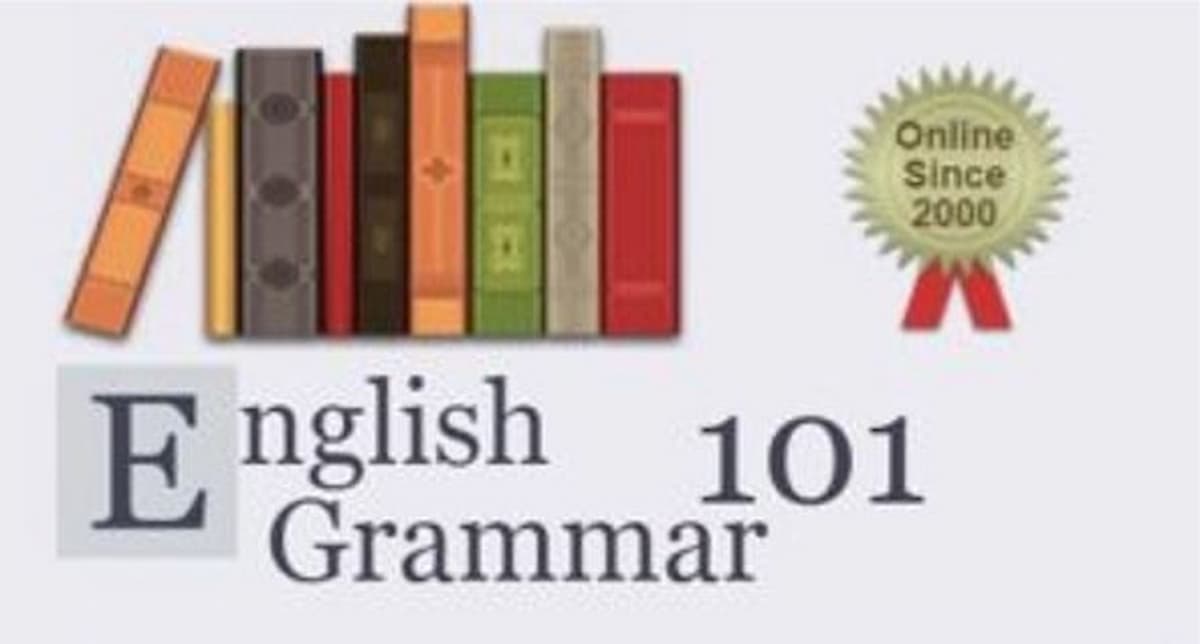
Teaching grammar can be a daunting task, but it doesn’t have to be boring! One of the trickiest challenges in English grammar for both teachers and students alike is understanding the difference between “who” and “whom.” Fear not, Language Arts teachers, as we embark on a journey to make this learning adventure enjoyable and engaging for your students. By incorporating interactive games and creative activities into your lessons, you can help your students master the art of using “who” and “whom” with confidence.
Know the Difference
Before diving into the fun activities, let’s revisit the grammatical difference between “who” and “whom.” “Who” is used as a subject pronoun, whereas “whom” is used as an object pronoun. To determine which one to use, ask yourself whether the pronoun is acting as the subject or the object in the sentence.
Subject Pronoun: Who is he? (“He” is the subject of the sentence.)
Object Pronoun: Whom did you invite? (You invited whom? “Whom” is the object of the verb “invite.”)
Treasure Hunt
Turn learning into an exciting treasure hunt! Prepare cards with various sentences on them, some requiring “who” and others needing “whom.” Hide these cards around the classroom. Divide the students into teams, and instruct them to search for the hidden cards and identify the correct pronoun use of “who” or “whom” in the sample sentence. The first team to correctly categorize all the sentences wins the treasure (chocolate golden coins of course)!
Who Wants to be a Millionaire?
Inspired by the popular game show “Who Wants to Be a Millionaire,” create a grammar edition of the show. Prepare a series of multiple-choice questions related to “who” and “whom.” Need a lifeline? Phone a friend? Incorporate those fun components into the game as well. Make it increasingly challenging as the students progress and provide virtual rewards or points for each correct answer. The competitive element will motivate your students to study and retain the correct usage.
Who vs. Whom Rap Battle
Let your students unleash their inner creativity and musical talent with a “Who vs. Whom Rap Battle.” Divide the class into small groups and ask each group to write a rap song that showcases the proper use of “who” and “whom.” Encourage them to use real-life scenarios in their lyrics. Once they’ve rehearsed their performances, hold a rap battle competition where each group gets a chance to shine and impress their classmates with their grammar rapping skills.
Teaching grammar, especially the nuances of “who” and “whom,” can be a fun and enjoyable experience for both teachers and students. By incorporating interactive games, role-plays, and creative activities, you can make the learning process engaging and memorable. So, let your Language Arts classroom become a hub of grammar excitement as your students confidently conquer the “who” and “whom” conundrum! Happy teaching!
Need some sample sentences for the “Who or Whom Treasure Hunt” game?
I wonder ________ will be the winner of the spelling bee competition.
To ________ should I address this thank-you card?
________ ate the last slice of cake from the fridge?
The detective interrogated the suspect ________ they had seen near the crime scene.
________ did you meet at the park yesterday?
For ________ should I reserve a seat at the theater?
The team captain, ________ everyone respects, led the squad to victory.
________ is responsible for organizing the school talent show?
The teacher asked ________ had finished their homework on time.
The enthusiastic explorer asked ________ could join their expedition.
Read More

English Grammar 101 Alternatives

When You Ask for Analysis but You Get Summary Instead

Establishing Confident Writers Through Creativity and Self-Expression

Brainstorming Through Writer’s Block

Four Steps to Teaching Your Students Adverbs

How to Fire Your Internal Critic

What Just 10 Minutes of Daily Journaling Can Do for Student Writing



